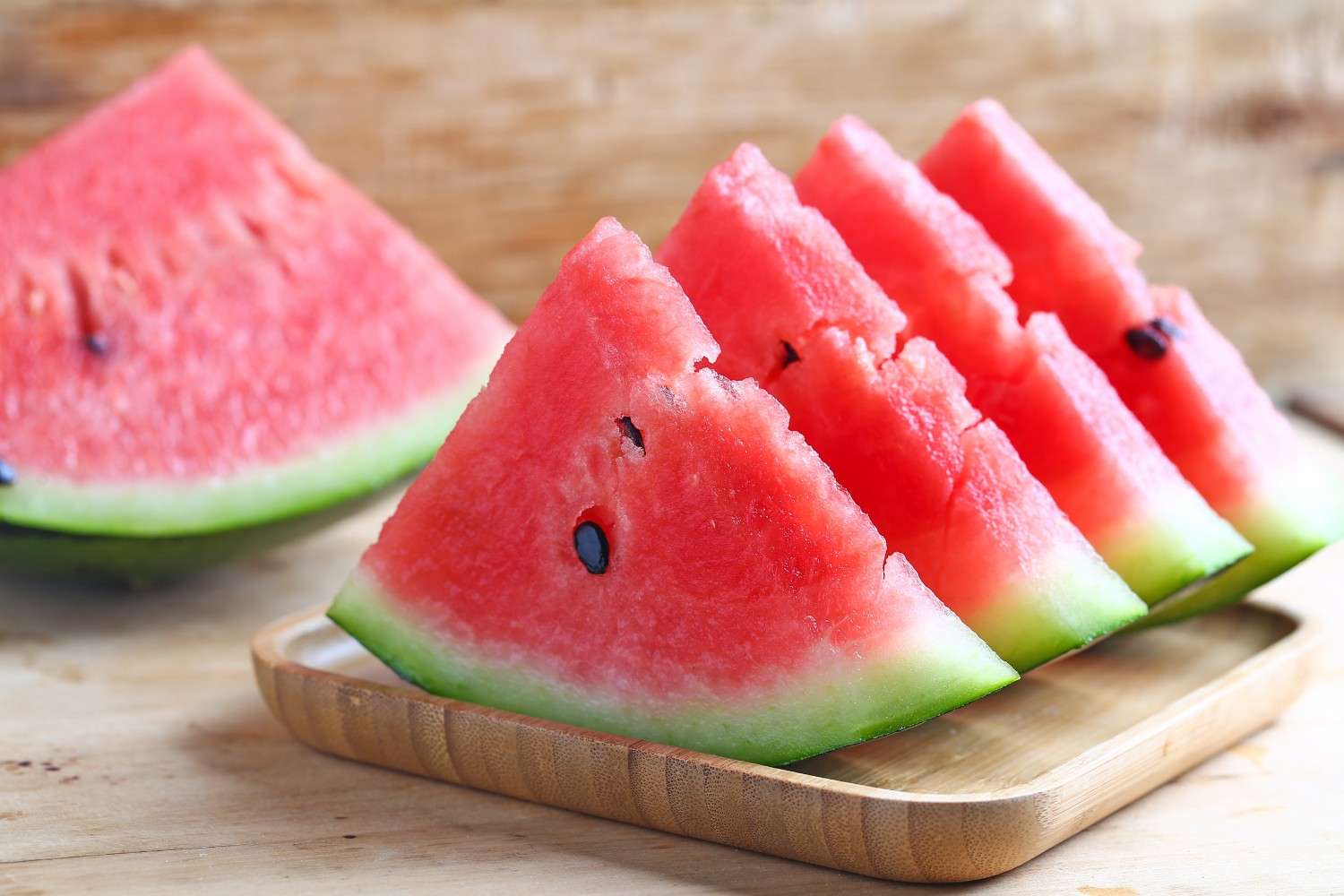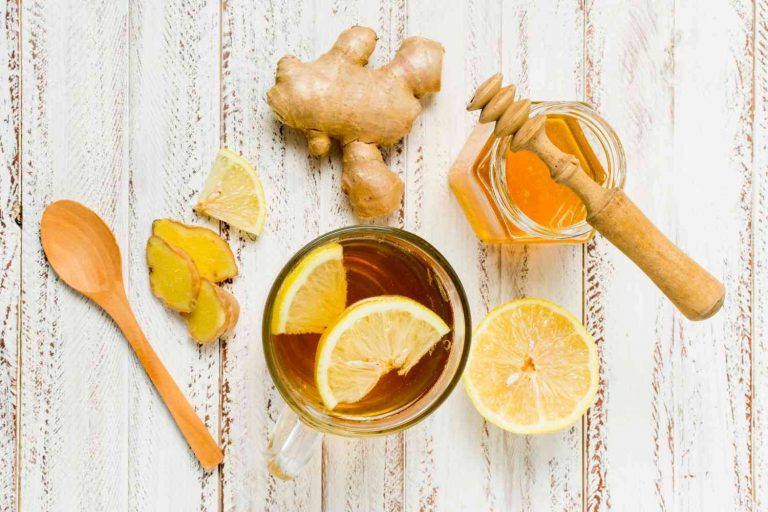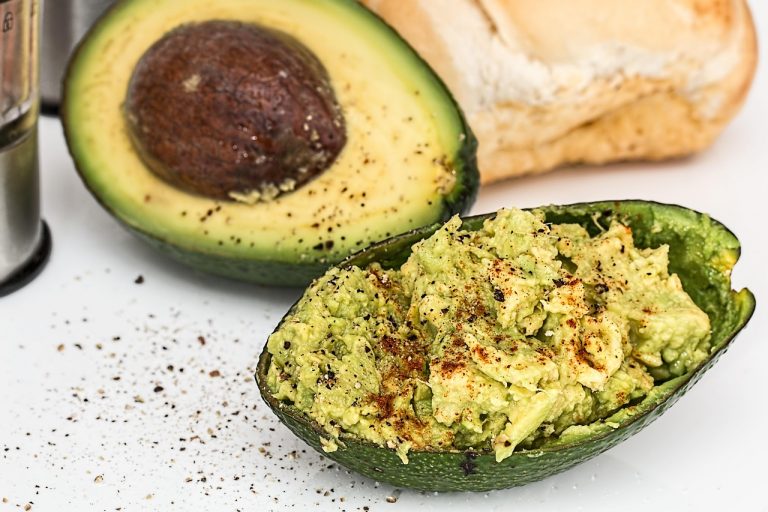5 Refreshing Ways Watermelon Boosts Hormone Harmony
Did you know that watermelon isn’t just a delicious summer treat? It might also play a role in balancing your hormones. As someone who has always enjoyed biting into a juicy slice on a hot day, I was naturally curious about its health benefits beyond quenching thirst. I wasn’t the only one digging for answers; recent studies have started to unveil how this vibrant fruit could potentially help in hormone regulation. Let’s dive into five refreshing ways watermelon can boost hormone harmony.
1. Hydration and Hormonal Balance
Let’s start with the obvious: watermelon is made up of about 92% water. Staying hydrated is crucial for overall health, but did you know it’s also vital for hormonal balance? Dehydration can lead to increased cortisol levels, the so-called “stress hormone.” High cortisol can wreak havoc on your body, resulting in mood swings, weight gain, and even disrupted sleep patterns.
Pros:
- Cortisol Regulation: Keeping hydrated can help lower levels of cortisol, especially during stressful times.
- Energy Levels: Better hydration leads to improved energy levels, making you feel more balanced overall.
Cons:
- Too Much Water: While hydration is essential, consuming excessive amounts of water can lead to a condition called hyponatremia, where sodium levels drop dangerously low.
So, next time you’re feeling parched, grab a slice of watermelon instead of a sugary drink. It’s like a hydration boost with a side of sweetness!
2. Rich in Antioxidants
Watermelon is packed with antioxidants, particularly lycopene. This bright red carotenoid not only gives watermelon its signature color, but it also has the potential to support hormone levels. Lycopene is known for reducing oxidative stress, which can affect hormonal health.
Pros:
- Oxidative Stress Reduction: By combating oxidative stress, antioxidants like lycopene can help maintain healthy levels of estrogen and testosterone.
- Potential Cancer Protection: Some studies suggest that lycopene may lower the risk of certain cancers, including prostate and breast cancer.
Cons:
- Absorption Issues: Lycopene is better absorbed when consumed with a bit of fat. So, pairing watermelon with something like feta cheese might enhance its benefits!
Research in the Journal of Nutritional Biochemistry highlights that lycopene-rich foods can positively influence hormone levels and overall health. (Marino et al., 2018) Check it out here.
3. Amino Acids for Hormonal Support
You might not think of watermelon as a protein source, but it’s actually rich in two crucial amino acids: citrulline and arginine. These amino acids play significant roles in nitric oxide production, which is essential for blood circulation and, interestingly, hormone regulation.
Pros:
- Improved Circulation: Better blood flow can positively impact hormone transport throughout the body.
- Stress Relief: Citrulline has been shown to reduce muscle soreness and improve recovery, which can indirectly help balance hormones by reducing physical stress.
Cons:
- Supplementation for Maximum Effect: While watermelon provides these amino acids, it might not be enough for those looking for therapeutic effects. You’d likely need to consume a significant amount.
Incorporating watermelon into your diet can be an easy way to enhance your intake of these beneficial amino acids. Whether you blend it into a smoothie or enjoy it as a refreshing snack, it’s a delicious way to boost your hormone harmony!
4. Low Glycemic Index
When it comes to maintaining stable blood sugar levels, the glycemic index (GI) plays a vital role. Watermelon has a low GI, meaning it doesn’t cause a rapid spike in blood sugar. Keeping blood sugar levels stable is essential for hormone balance, particularly insulin, which regulates how your body uses sugar.
Pros:
- Blood Sugar Control: A low GI diet can help in managing insulin levels, which is particularly important for those with insulin resistance or diabetes.
- Reduced Cravings: Stable blood sugar levels can help reduce cravings and mood swings related to hormone fluctuations.
Cons:
- Portion Control: Although watermelon has a low GI, consuming it in excessive amounts can still contribute to higher sugar intake.
A study published in the American Journal of Clinical Nutrition shows that low-GI foods can assist in maintaining optimal insulin levels, which supports overall hormonal health. (Brand-Miller et al., 2003) Read more here.
5. Vitamins and Minerals for Hormonal Health
Watermelon is not just hydrating; it’s also a treasure trove of vitamins and minerals, including vitamins A, C, and B6, as well as magnesium and potassium. These nutrients are crucial for various hormonal functions in the body.
Pros:
- Vitamin C: Important for adrenal health, which is vital for hormone production.
- Magnesium: Plays a key role in over 300 biochemical reactions, including those that regulate hormones. Low magnesium levels have been linked to hormonal imbalances.
Cons:
- Nutrient Absorption: Some individuals may struggle with absorbing certain nutrients due to digestive issues or other health conditions.
Incorporating a variety of colorful fruits and vegetables, like watermelon, can support your overall nutrient intake and help keep your hormones in check.
FAQs about Watermelon and Hormones
Q: Can eating watermelon help with PMS symptoms?
A: Yes! The hydration and nutrient content in watermelon can alleviate symptoms like bloating and inflammation often associated with PMS.
Q: Is watermelon safe for people with diabetes?
A: In moderation, yes. Watermelon has a low glycemic index, but it’s still important to monitor portion sizes.
Q: How can I incorporate watermelon into my diet?
A: You can enjoy it fresh, blended into smoothies, or even as a salad topping. The options are endless!
Q: Are there any side effects of eating too much watermelon?
A: Overconsumption might lead to digestive issues like gas or diarrhea due to its high fiber and water content.
Conclusion
As we’ve seen, watermelon is more than just a tasty summer treat. Its high water content, rich antioxidant profile, essential amino acids, low glycemic index, and array of vitamins and minerals make it a fantastic ally in achieving hormone harmony. But let’s be real; it’s not a miracle cure. Balance and variety in your diet are still crucial.
So next time you’re at a summer barbecue or just lounging in your backyard, consider reaching for that ripe, juicy watermelon slice. Not only will you be treating yourself, but you’re also giving your hormones a little extra love.
Just remember: this article is for educational purposes only and is not a substitute for professional medical advice. Always consult a qualified healthcare provider before making changes to your health routine.
References
-
Marino, M., et al. (2018). Effects of lycopene on hormonal balance and oxidative stress: A review. Journal of Nutritional Biochemistry, 61, 1-7. https://www.sciencedirect.com/science/article/pii/S0955286317303687
-
Brand-Miller, J., et al. (2003). Glycemic index and glycemic load: A new index for assessing the carbohydrate quality of foods. American Journal of Clinical Nutrition, 78(4), 641S-645S. https://academic.oup.com/ajcn/article/78/4/641S/46956
-
Zha, L., & Zha, W. (2021). Dietary magnesium intake and hormone balance in women: A systematic review. Nutrients, 13(5), 1565. https://www.mdpi.com/2072-6643/13/5/1565
Get Your FREE Natural Health Guide!
Subscribe now and receive our exclusive ebook packed with natural health tips, practical wellness advice, and easy lifestyle changes, delivered straight to your inbox.






